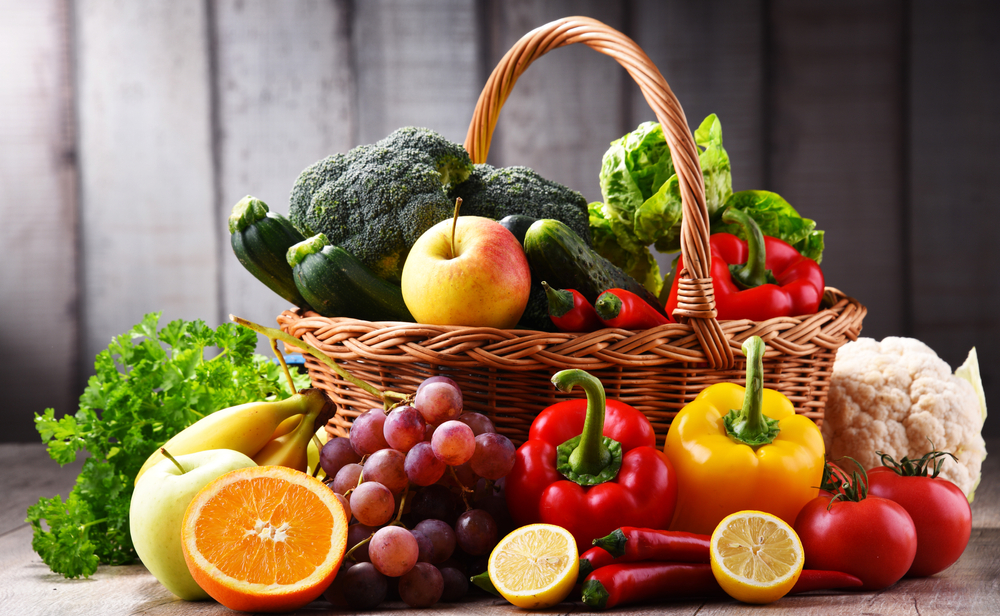While having a good hygiene routine helps curb the COVID-19 virus curve, the human body also needs a good nutrition plan to ensure its immune systems are as strong as their physical counterparts.
Those who eat a well-balanced diet tend to be healthier and have a lower risk of chronic illnesses and infectious diseases. Hopefully, with these 5 nutrition advice, we can ensure a strong body, mind and soul to confront the pandemic in the long run.
1. Include fresh, unprocessed foods in the menu
Enjoy a wide range of fruits, vegetables, nuts and whole grains. For example, oats, wheat, brown rice or root vegetables such as potato, yam or taro and foods from animal sources such as meat, fish, eggs and milk.
For snacks, instead of the potato chips which is high in sugar, fat or salt, try raw vegetables and fresh fruit
When using canned or dried vegetables and fruit, opt for without added salt or sugar.

2. Drink enough water every day
A human can survive three weeks without eating but will perish without water in the next three days. Water is vital for life – transporting nutrients through blood, regulates your body temperature and gets rid of waste.
Start by drinking 8–10 cups of water a day.
Water is the best choice, but you can also consume other drinks – such as lemon juice, tea and coffee. But be careful not to consume too much caffeine, and avoid artificially sweetened drinks.

Read the following for better outcomes under the COVID-19 curve;
7 easy meal courses to try during quarantine
8 productive routines to maintain positive during quarantine
3. Consume moderate amounts of fat
Do have a balance of unsaturated fats found in fish, avocado and nuts. rather than saturated fats.
Rather than choosing the carnivorous diet, choose white meat instead such as fish and chicken, which are generally low in fat. If you are a big fan of fast foods, say goodbye as they are high in fat and salt.
Maybe try a turkey burger with a side of sweet potatoes?
If you are also a snacker, avoid the variety of chips and dips at your favourite stall as they contained industrially-produced trans fats.
4. Try home cooking instead of eating out
Cooking a nice homemade meal reduces any contact with other people and lower your chance of being exposed to COVID-19. Cooking at home also helps you plan a meal with excellent nutrition value.
While you maintain a distance of at least 1 metre, that is not always possible in crowded areas. With lots of people coming and going, you cannot tell if hands are being washed regularly enough, and surfaces are being cleaned and disinfected fast enough.
So wash your hands and start a cookbook in the kitchen.
5. Invest in the support from counselling
While proper nutrition and hydration improve health and immunity during this COVID-19 pandemic, these methods only help you on a physical level. People living with chronic illnesses who have suspected or confirmed COVID-19 may need mental health support to ensure they keep in good health in body, mind and soul.
Do seek counselling and psychosocial support from appropriately trained health care professionals and also community-based lay and peer counsellors.

Instead of going through that hassle of having a meal in the outside world with the COVID-19 shadow following you – why not stay at home with loved ones and cook everyone’s favourite dishes.
You save time, money and savour delicious meals in the comfort of home – no social distancing needed and gain a meal filled with nutrition value.


